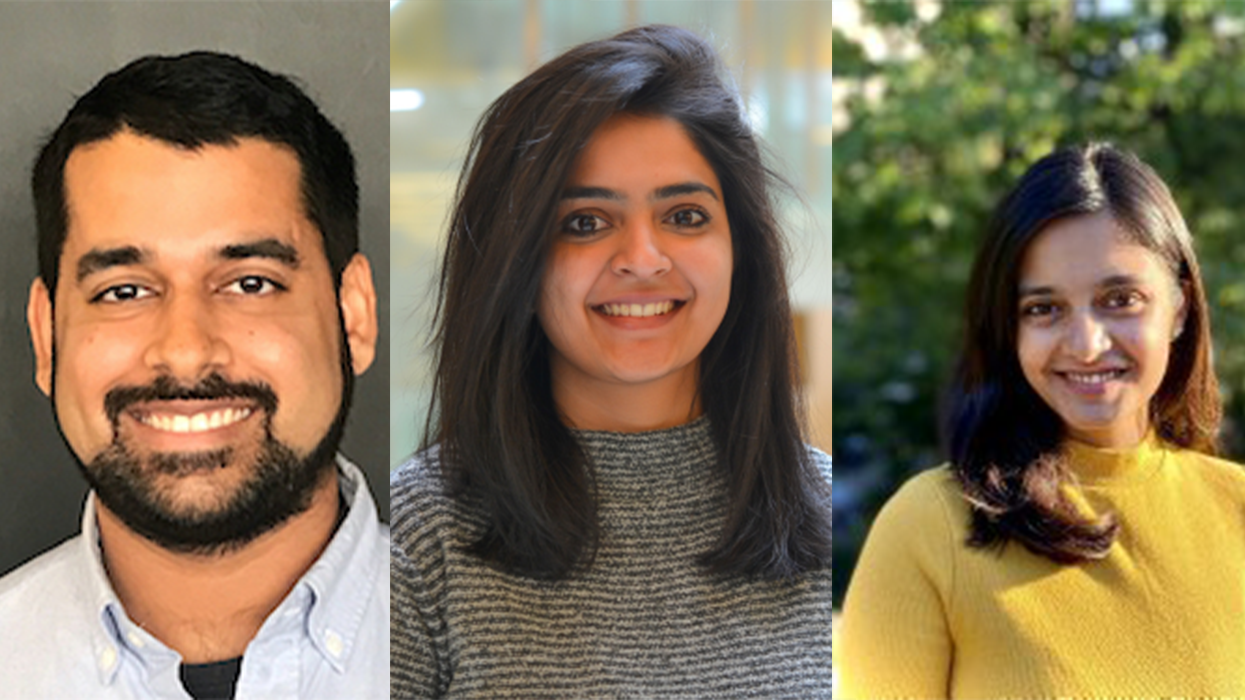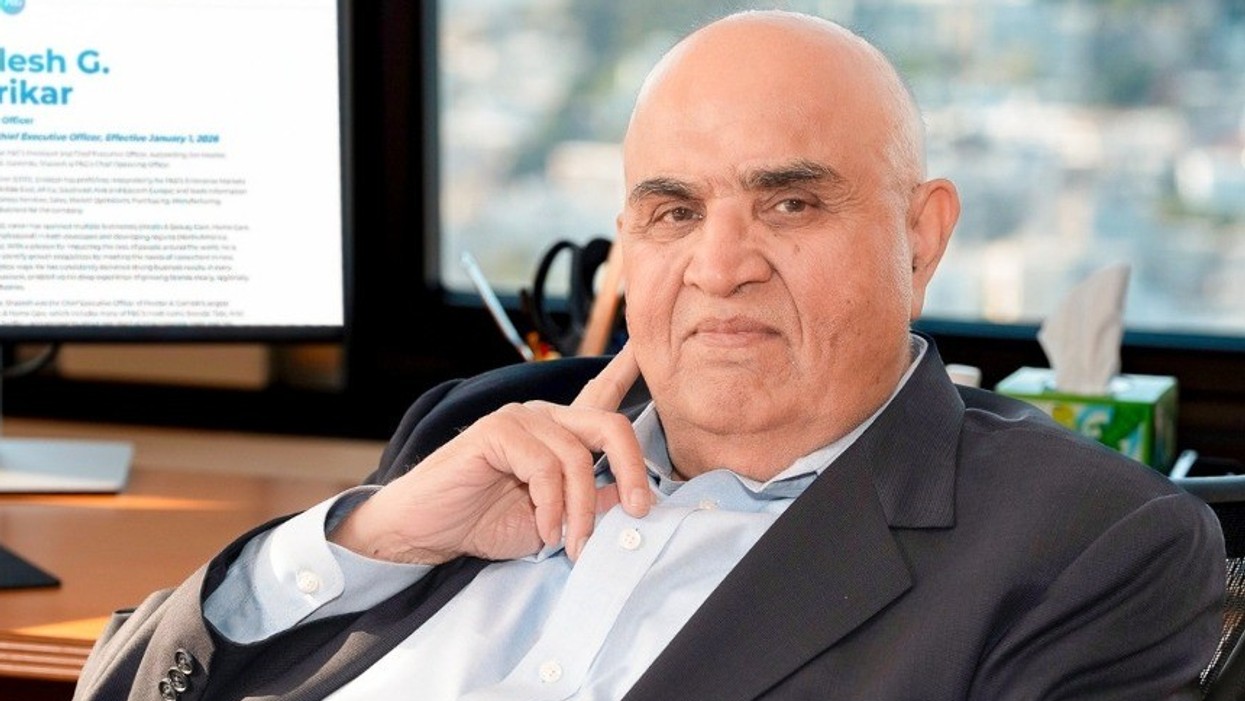Highlights:
The Blavatnik Family Foundation has selected three Indian Americans, Veena Padmanaban, Ipshita Zutshi and Viraj Pandya for the 2025 Blavatnik Regional Awards for Young Scientists. These researchers have been selected for their outstanding postdoctoral work from academic research institutes across New York, New Jersey, and Connecticut. The foundation, along with the New York Academy of Sciences, has selected 2025 honorees from a pool of 149 intellectuals representing 26 institutions.
Veena Padmanaban, The Rockefeller University
Veena Padmanaban is a cancer cell biologist and postdoctoral research fellow at The Rockefeller University, specializing in breast cancer metastasis. Padmanaban has been selected to receive a $30,000 unrestricted award, having been nominated by The Rockefeller University. She was recognized as a Laureate in Life Sciences for discovering a molecular mechanism that allows sensory neurons to communicate with breast cancer cells and drive metastasis, as well as for uncovering novel actionable therapeutic targets.
She presents herself as both a scientist and a mother, as reflected in her social media profile, where she describes herself as “Scientist by day, mom by night (& day).” An alumna of the Indian Institute of Technology, Madras, Padmanaban discovered that the activation of sensory nerves within breast tumors is crucial in promoting not only cancer growth but also its spread, known as metastasis.
Her research shows that breast tumors hijack nearby sensory nerves, causing them to become hyperactive and release a neuropeptide called substance P. This triggers a chain reaction that increases the likelihood of cancer cells spreading.
Importantly, Padmanaban’s work also demonstrates that this harmful nerve–cancer communication can be blocked using an existing anti-nausea drug, aprepitant, presenting a promising therapeutic opportunity.
Ipshita Zutshi, New York University School
Another Indian American from the New York University School, Ipshita Zutshi is also one of six finalists who will receive $10,000 in unrestricted funds. She has done her PhD in Biology (Neuroscience) from the University of California, San Diego. Mainly, her work surrounds understanding how circuits in the hippocampus and medial entorhinal cortex support spatial navigation, memory, attention and sensory information processing.
She holds a bachelor's degree in biology and computer science from Birla Institute of Technology and Science (BITS), Pilani, India and she did her master's degree at the École Polytechnique Fédérale de Lausanne (EPFL) in Switzerland. Mostly, her work examines how brain-wide neural activity shifts internal states to influence perception and behavior. She uses techniques such as in vivo electrophysiology and data analytics to investigate memory and hippocampal function.
Nominated by New York University, Zutshi has been selected as a finalist in the Life Sciences category. She was recognized for discovering how the brain integrates dynamic goals with sensory inputs—such as sound and vision—to guide memory and decision-making, providing a framework for understanding cognitive dysfunction in psychiatric disorders.
Her research demonstrated that during goal-directed tasks, hippocampal signals do not simply mirror environmental stimuli but instead track an individual’s mental trajectory toward a goal.
Zutshi further showed that these signals arise from circuits whose contributions vary with brain state (e.g., wakefulness versus sleep). These findings provide a novel framework for understanding how goal-directed signals emerge under changing behavioral demands—and how this flexibility may be disrupted in neuropsychiatric disorders.
Viraj Pandya, Columbia University
Along with Ipshita Zutshi, Viraj Pandya is also one of the six finalists who will each receive $10,000 in unrestricted funds. He was nominated by Columbia University and has been selected as a finalist in Physical Sciences and Engineering category. His work is recognized as one of the best discoveries for early galaxy evolution, reshaping and understanding their formation and challenging longstanding theories of the early universe.
Pandya, before becoming an astrophysicist, did his early education in New Jersey. After that, he went on to pursue a bachelor's degree in economics and mathematics at Rutgers University. He also discovered his passion for astronomy late, which later helped him to complete his PhD in Astronomy and Astrophysics at UC Santa Cruz.
Research driven by Pandya shows an unexpected result about the early universe: instead of discs or spheres, most early galaxies had elongated, linear shapes aligned with larger-scale, thread-like “filaments” of dark matter that dictated their formation.
Pandya’s work continues to study the co-evolution of visible and dark matter within and around galaxies using an interdisciplinary blend of theory, observations, and AI-accelerated data science, showing us how the echoes of the early universe continue to affect our galactic neighborhood.
These three Indian-Americans have proved their mettle and have made the diaspora proud. This underscores how the Indian-American community is gaining popularity and recognition on foreign soil.















